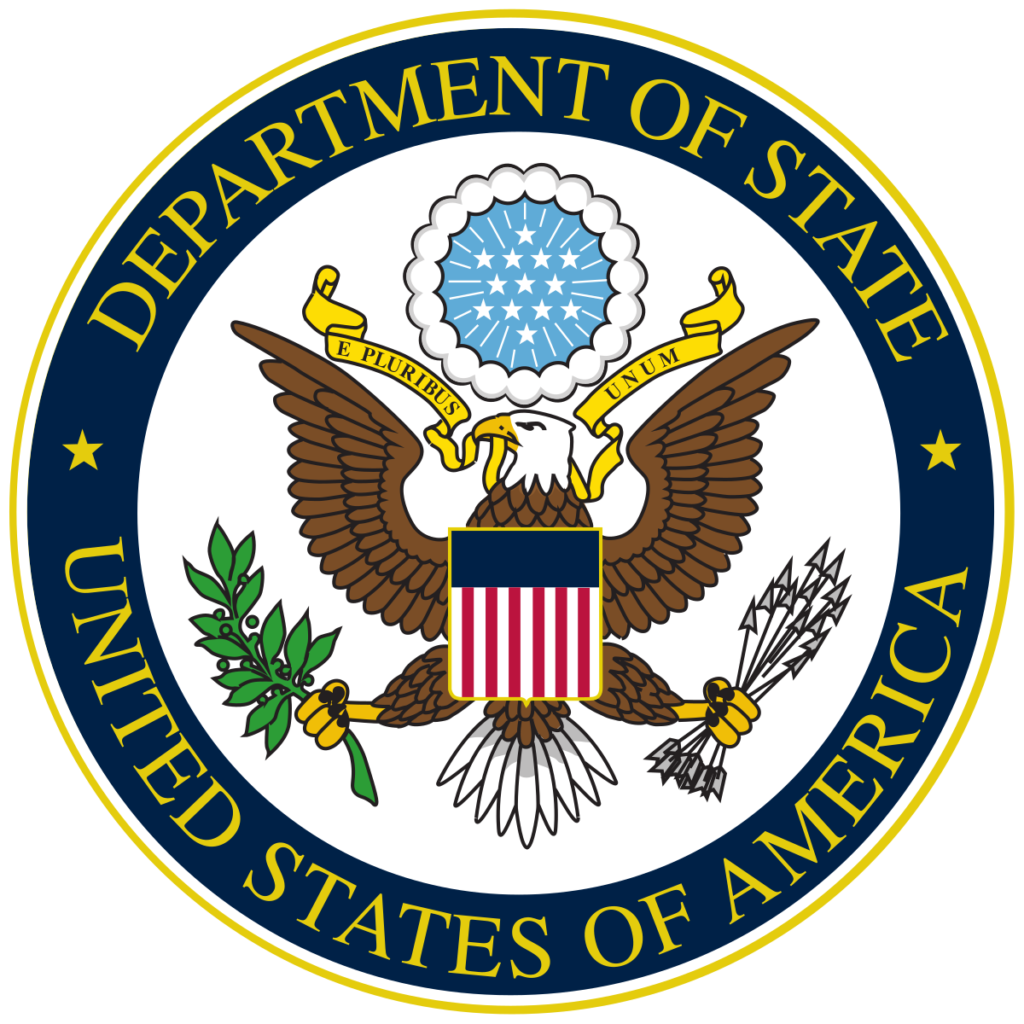The US State Department released a damning report on India’s human rights violations on Monday.
The US released its annual report on human rights abuses in 2021 last week, in which it assessed the state of human rights in each country.
The report accused India of committing widespread human rights violations, including extrajudicial killings; torture and cases of cruel, inhuman, or degrading treatment or punishment by police and prison officials; harsh and life-threatening prison conditions; arbitrary arrest and detention by government authorities; political prisoners or detainees; and arbitrary or unlawful interference with privacy.
According to the US report, government and nongovernment forces killed individuals in Held Jammu and Kashmir, the northeastern states, and Maoist-affected areas of the country. As of November 27, the South Asia Terrorism Portal reported the deaths of 23 civilians in the country as a result of terrorism.
According to the report, on March 31, UN special rapporteurs requested information from the central government regarding allegations of arbitrary detention, extrajudicial killings, and disappearances in Held Jammu and Kashmir, including the whereabouts of Naseer Ahmad Wani, who went missing in 2019 after being interrogated by army soldiers.
The Association of Parents of Disappeared Persons in Kashmir (APDP) reported two cases of disappearances this year, one in July in the Bandipora district of North Kashmir and another in June in Baramullah. Both individuals remained unaccounted for, and the APDP asserted that the National Human Rights Commission declined to conduct an investigation.
According to human rights NGOs, police used torture, mistreatment, and arbitrary detention to obtain forced or false confessions under the heading of arbitrary arrest or detention. In some instances, police allegedly held suspects without notifying authorities and denied detainees adequate food and water.
Following the abrogation of Held Jammu and Kashmir’s autonomous status in 2019, authorities used a public safety law to detain local politicians without charge, but the majority were later released. According to media reports, some of those released were required to sign bonds agreeing to refrain from political activity following their release. Several prominent politicians refused to sign and were released anyway. Mehbooba Mufti, the former chief minister of Jammu and Kashmir who was released in October 2020, claimed that she was frequently subjected to house arrest.
Disha Ravi, a climate activist from New Delhi, was arrested in Bengaluru on February 13 on sedition charges.
According to the report, the Public Safety Act (PSA), which is applicable only in Jammu and Kashmir, authorizes authorities to detain individuals without charge or judicial review for up to two years without family visitation. According to the press, the number of PSA detentions increased to 331 in 2020, up from 134 in 2020.
Individuals routinely criticized the government publicly and privately via online platforms, television, radio, and print media, the report states. According to Human Rights Watch’s World Report 2021, the government has “increasingly harassed, arrested, and prosecuted human rights defenders, activists, journalists, students, academics, and others who are critical of the government or its policies.” Harassment and detention of journalists who are critical of the government in their reporting or on social media have persisted.
